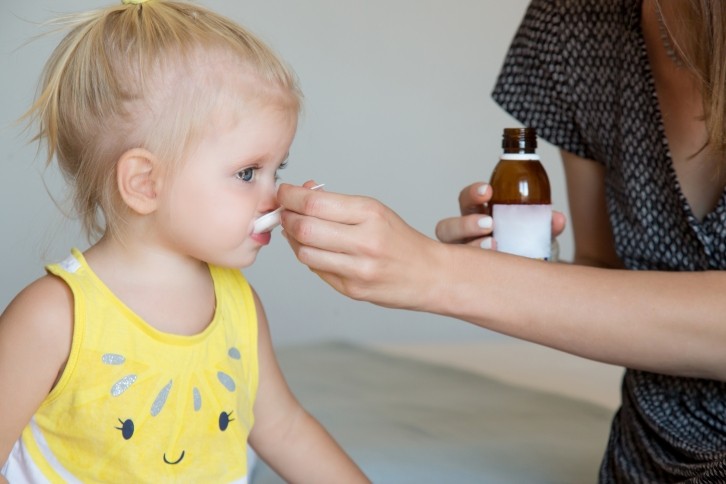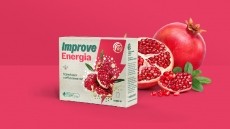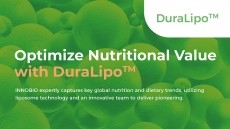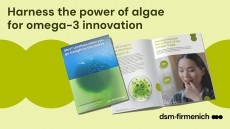1000 IU daily Vitamin D3 most effective dose in children, study finds

Significant reductions in vitamin D deficiencies were also noted following supplementation with vitamin D2 in both 400 IU and 800 IU dosages, when compared with the placebo group in the sample of Mexican children.
The ‘Nutrients’ published study highlights: “Our study adds to the evidence of the effect of VD supplementation on VD status and in the prevention of VD deficiency among toddlers and preschool children, which has long-term benefits for bone health, growth, and other important health-related outcomes at this early stage of the life cycle.”
Sunshine vitamin
Vitamin D is an essential nutrient for the human body, which is either synthesised within the skin through UVB exposure or can be obtained through the diet as vitamin D2 or vitamin D3. Playing a vital role within many processes throughout the body, including bone health, immune response modulation, and cell growth regulation, deficiencies have been noted to cause a range of health issues.
Associations have been identified between suboptimal vitamin D status and adverse health outcomes such as autoimmune and allergic diseases, including asthma, diabetes and cardiovascular disorders.
Following a recent survey within Mexico, significant vitamin D deficiencies (27.3%) were established within children aged one to five years old, whilst less than 3% were observed to consume supplementation of the vitamin due to the lack of policy implementation in this area.
Following previous studies illustrating the effectiveness of vitamin D supplementation in reversing such deficiencies, the researchers in this study sought to analyse its efficacy within Mexican children aged 12 to 30 months old.
Findings
The controlled trial randomised 222 children into four treatment groups, which involved the administration of either vitamin D2 (Ergocalciferol), or a control non-vitamin D. The supplements were given Monday to Friday over a period of three months within day-care centres, with blood samples taken at baseline and at the end of the study period.
Following the initial baseline measurements, it was observed that 23.4% of the sample included were defined as vitamin D deficient.
It was reported that there was a significant increase in the serum concentrations of 25(OH)D following supplementation across all the groups. In addition, the prevalence of associated deficiencies declined across the intervention period, with the vitamin D3 1000 IU supplement resulting in the greatest reduction of 18%.
Significance
“This randomized clinical trial shows that VD supplementation in doses of 400 IU (D2), 800 IU (D2), and 1000 IU (D3) five times per week for three months was effective in increasing serum 25(OH)D concentrations and reducing VD deficiency in children 12–30 months of age,” the researchers stress.
The report highlights the observed optimal dosage of 1000 IU D3, and the significance this finding should have for influencing recommended intakes for children.
They emphasise the importance of such recommendations: “Given that natural dietary sources are scarce in VD and that sun exposure is not as frequent as can be expected, even in sunny places such as Mexico, children not receiving supplementation or vitamin D-fortified foods are at risk of VD deficiency and, consequently, of inadequate bone mineralization.”
Source: Nutrients
https://doi.org/10.3390/nu15122756
"Effect of Vitamin D Supplementation on (25(OH)D) Status in Children 12–30 Months of Age: A Randomized Clinical Trial"
by Mario Flores-Aldana, Marta Rivera-Pasquel, Armando García-Guerra, Jesús Giovanni Pérez-Cortés and Juan E. Bárcena-Echegollén











